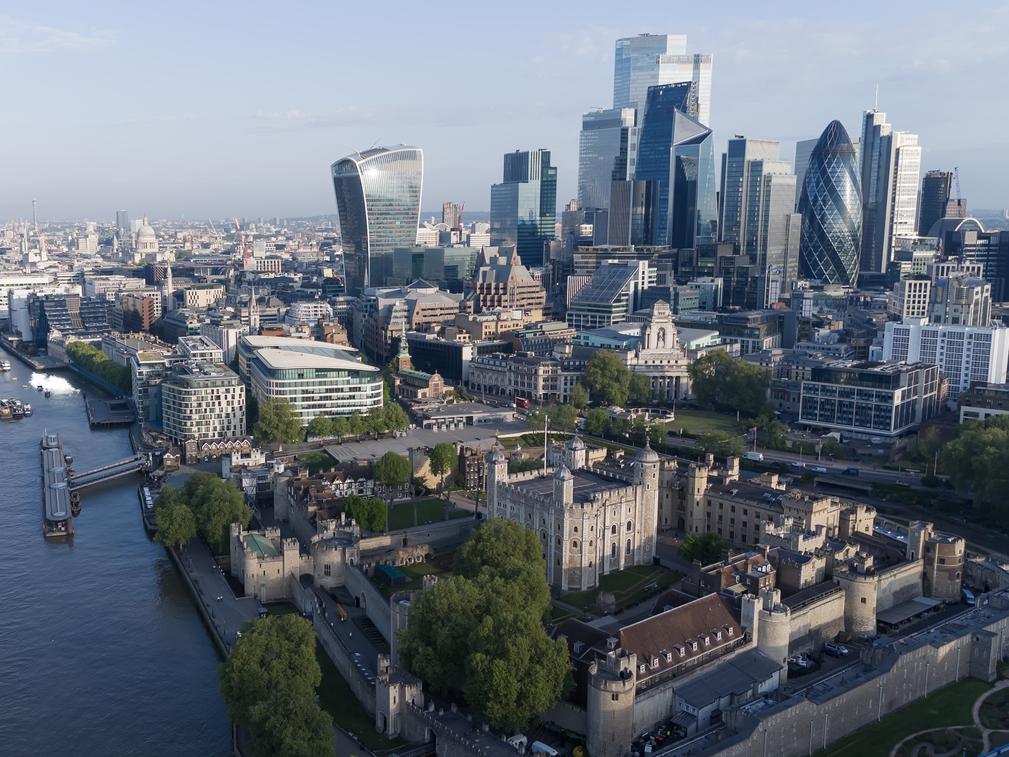
Brian Sims
Editor

Brian Sims
Editor
THE METROPOLITAN Police Service’s use of Live Facial Recognition (LFR) technology is making London safer. That’s according to a new annual report published by the capital’s dedicated police force.

The report includes in-depth analysis about the Met’s use of the technology between September 2024 and September this year, during which time LFR deployments led to 962 arrests. Over 25% of these arrests were individuals involved in violence against women and girls, including those suspected of rape, strangulation and domestic abuse.
This brings the total number of LFR arrests to over 1,400. Out of that that cohort, more than 1,000 individuals have been charged or cautioned. These are criminals who were wanted by the police or the courts, as well as offenders who were in breach of court-imposed conditions.
These individuals may otherwise have remained unlawfully at large, posing a continued threat to the public and taking up much more police officer time to try and locate them.
The report also demonstrates how the Met is using LFR to focus resourcing on areas where there are higher rates of crime. This is helping to make those communities safe and pursue the criminals who pose the greatest risk.
Public support also remains strong, with 85% of Londoners backing the use of LFR to keep them safe. Not only is the tech helping to reduce crime in the capital, but it’s also helping to drive trust in the force within the communities it serves, with 74% of Londoners now trusting the Met.
Game-changing technology
Lindsey Chiswick, the lead for LFR at the Met and nationally, said: “We are proud of the results achieved with LFR technology. Our goal has always been to keep Londoners safe and embolden the trust of our communities. Using this technology is helping us to do exactly that. This is a powerful and game-changing tool, which is helping us to remove dangerous offenders from our streets and deliver justice for victims.”
Chiswick continued: “We remain wholly committed to being transparent and engaging with communities about our use of LFR in order to demonstrate that we’re using it fairly and without bias.”
With an exceptionally low false alert rate of just 0.0003% from more than three million faces scanned, the technology has proven to be both effective and accurate in practice. Nobody has been arrested on the back of a false alert, with four out of the ten people falsely alerted by the system not stopped at all. The remaining six people were all spoken to by officers for under five minutes.
Independent testing has also continued to show that LFR technology performs consistently across different demographic groups, with the Met also emphasising the robust safeguards in place to protect people’s rights and privacy. For example, if a member of the public walks past LFR cameras and is not wanted by the police, that individual’s biometrics are immediately and permanently deleted.
Case Studies
In May last year, 27-year-old Oghenekaro Adeda of Lee High Road in Lewisham was handed a suspended sentence for harassment and stalking. He was also given an SHPO, which prevented him from using any software to hide his Internet browsing history.
The court order meant Adeda formed part of the LFR technology ‘watchlist’, enabling police officers to check whether he was adhering to these conditions.
14 months later (on 15 July), the Met deployed LFR technology in Lewisham. Cameras alerted officers to Adeda, who was found to be using a private browsing application which hid his search history. Thanks to this action, Adeda was sent to prison and is currently serving a 20-month sentence.
LFR technology was also used successfully at this year’s Notting Hill Carnival, helping to make the event safer for all. The deployments saw suspects wanted for serious and violent offences on their way to a cell before they had the chance to join Carnival and potentially cause harm.
Across the two days, 61 people were arrested. One of the arrests made at Carnival was for an offender who had been wanted by the courts for nearly ten years for harassing a woman. On Carnival Monday (25 August), the cameras were alerted to Tabsart Abderahmen, aged 58 and of no fixed address. Abderahmen had been wanted since October 2015 and was subsequently arrested by Met officers.
Building on this success, the Met will be scaling up its use of LFR technology in the coming months. The force will be increasing deployments each week, with additional support from officers and staff.
Big Brother Watch view
Responding to the Metropolitan Police Service’s report, Big Brother Watch legal and policy officer Jasleen Chaggar said: “It’s alarming that over three million people have been scanned with police facial recognition cameras in the past year in London alone. LFR technology is a mass surveillance tool that risks making London feel like an open prison.”
Chaggar continued: “The prospect of the Met expanding facial recognition even more across the city is disproportionate and chilling. Far from police using these cameras to find serious wanted criminals, the Met’s report shows that the majority of people flagged by facial recognition were not wanted for arrest.”
Further, Chaggar stated: “We all want the police service to have the technology needed to cut crime, but this is an Orwellian and authoritarian technology that treats millions of innocent people like suspects and risks serious injustice.”
In conclusion, Chaggar observed: “No law in this country has ever been passed to govern live facial recognition and, given the breathtaking risk to the public’s privacy, it’s long overdue that the Government stops its use.”